The Beatitudes call us to the heights of morality and holiness. Those who live according to these divine precepts are blessed beyond measure. The promises to those who live this high calling are great: They become children of God and inherit the Kingdom of Heaven. Furthermore, they receive comfort, satisfaction, mercy, purity, and peace. Though the rewards are great, so are the requirements:….
Category: Faith & Life
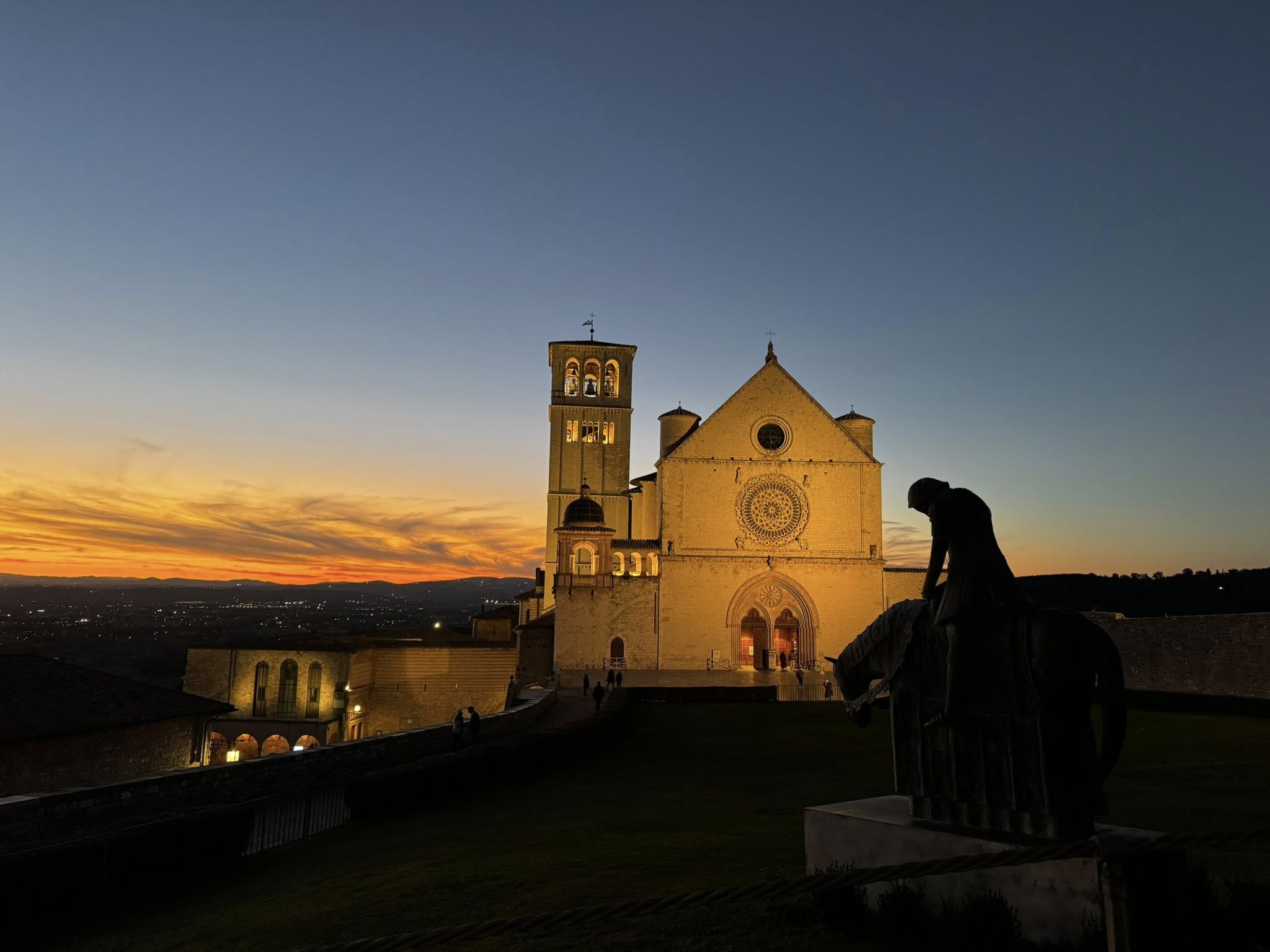
POPE LEO XIV PROCLAIMS FRANCISCAN JUBILEE YEAR – Jubilee of St. Francis with Plenary Indulgence: A Time of Grace, Peace, and Renewal
His Holiness Pope Leo XIV has arranged that, from the 10th January, 2026 to the 10th January, 2027, this Year of St. Francis will be celebrated, during which all the Christian faithful are invited to follow the example of the Saint of Assisi, becoming models of holiness of life and constant witnesses of peace. The Apostolic Penitentiary grants the plenary indulgence under the usual conditions to those who participate devoutly in this extraordinary jubilee, which represents an ideal continuation of the Ordinary Jubilee of 2025.
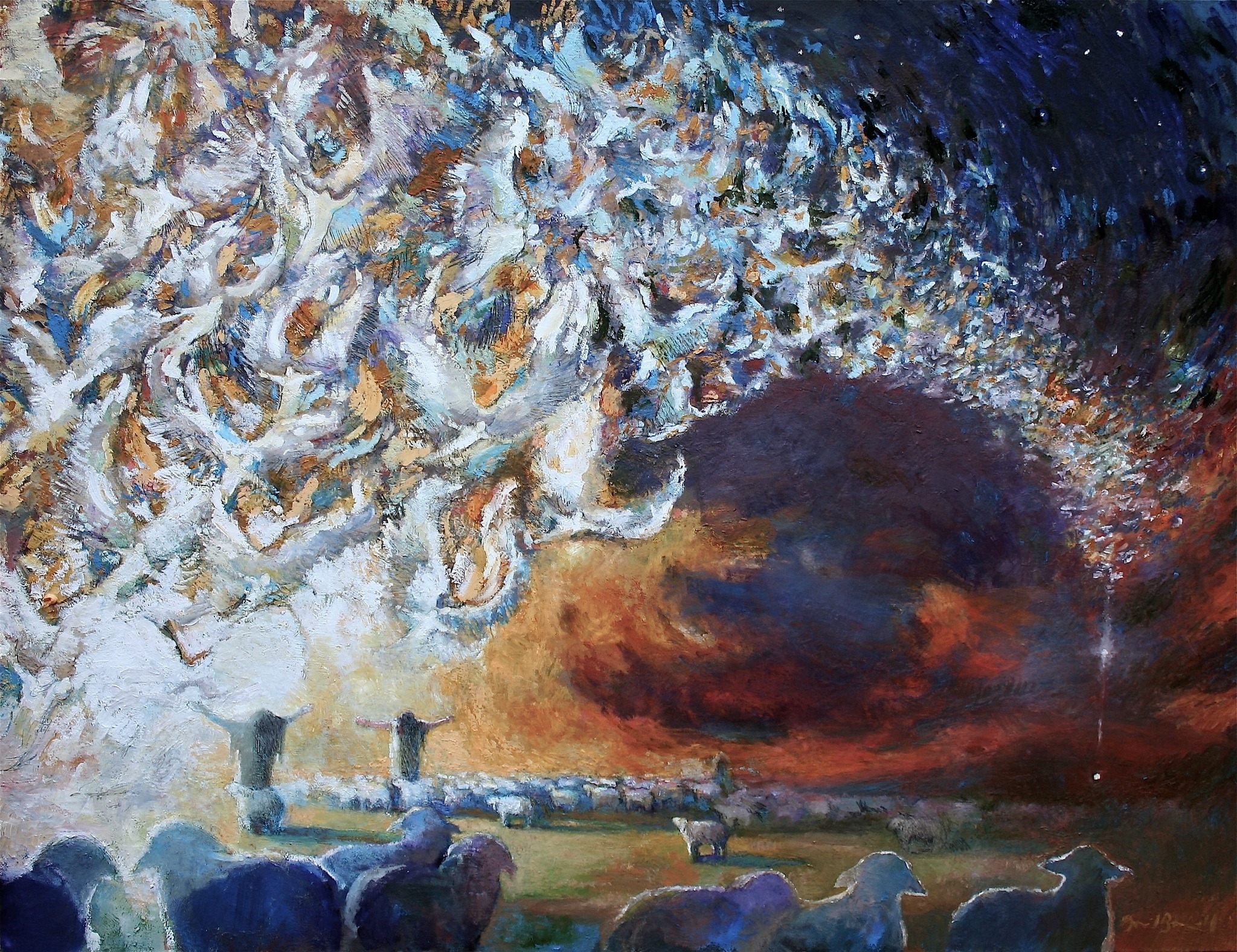
OPEN YOUR BIBLE – Zephaniah: The Day of the Lord–1:7–2:3
Zephaniah tells us in the opening verse of his book that he prophesied during the reign of King Josiah (640–609 B.C.). The end of the seventh century and the beginning of the sixth were turbulent years for Judah, still living under the shadow of Assyrian domination. Before Josiah…..
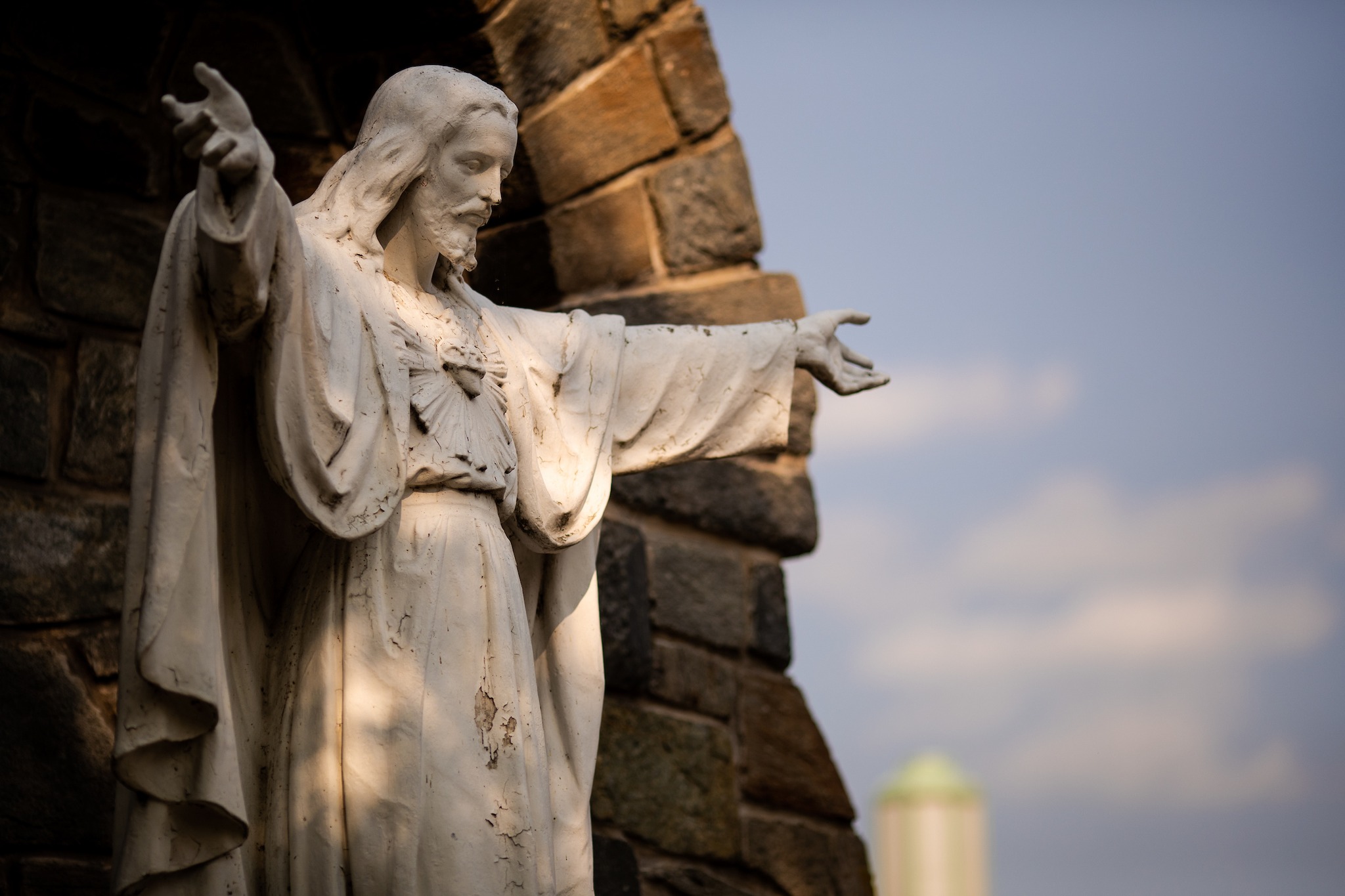
ACHIEVING A DEEPER UNION WITH GOD – Desire and Detachment: A Brief Exploration of “Dark Night”
This year (2026) is particularly special for the Carmelite Doctor of the Church, St. John of the Cross. It is the tri-centennial of his canonization as well as the centennial of the official declaration as the Doctor of the Church. St. John of the Cross is most well-known for his “dark night.” On this tri-centennial anniversary, this article explores the dark night from the perspective of desire, which is a more accessible and practical approach.

3RD SUNDAY IN ORDINARY TIME (YEAR A) – Walking in the Light of Christ
When Jesus began his public ministry of preaching and healing, John the Baptist had already been arrested, putting an end to his movement of religious revival. At that point, instead of going back to Nazareth (i.e. instead of going home) , Jesus went to Capernaum. This marked a new beginning, whose purpose is described in a verse of prophecy: “The people who sat in darkness have seen a great light, and for those who lived in the land of the shadow of death, light has dawned.”
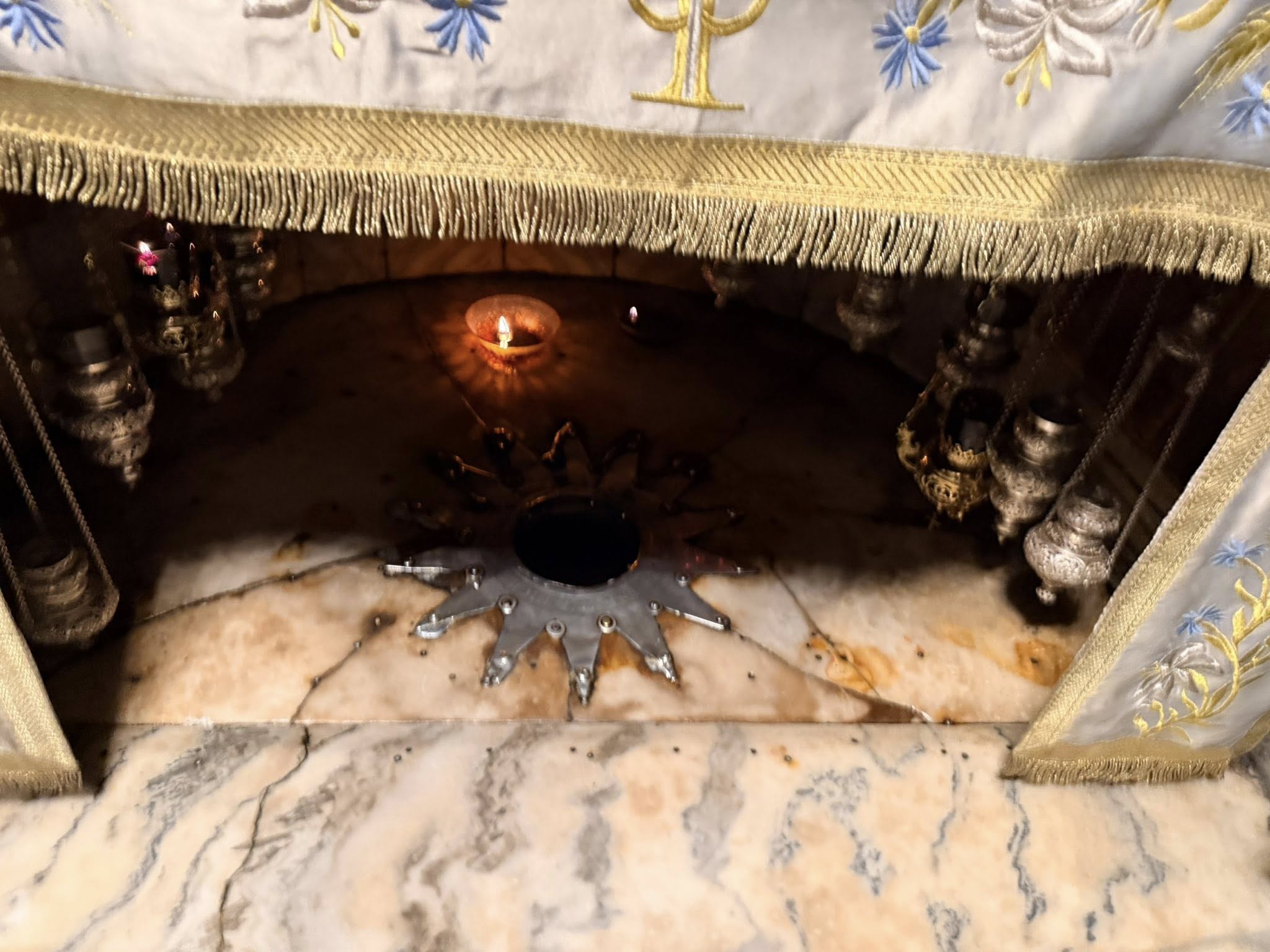
OPEN YOUR BIBLE – The Promise of a New King – Micah 4:14–5:5
This imagery shows that God’s salvation is a painful process of purification, unlike the nationalist fanaticism of false prophets (Micah 3:11). In the midst of suffering, Israel is called to trust in the Lord. This trial may refer to the destruction of Judah’s cities and the siege of Jerusalem by the Assyrian king Sennacherib in 701 B.C. (cf. 2 Kings 18:13–19:37).
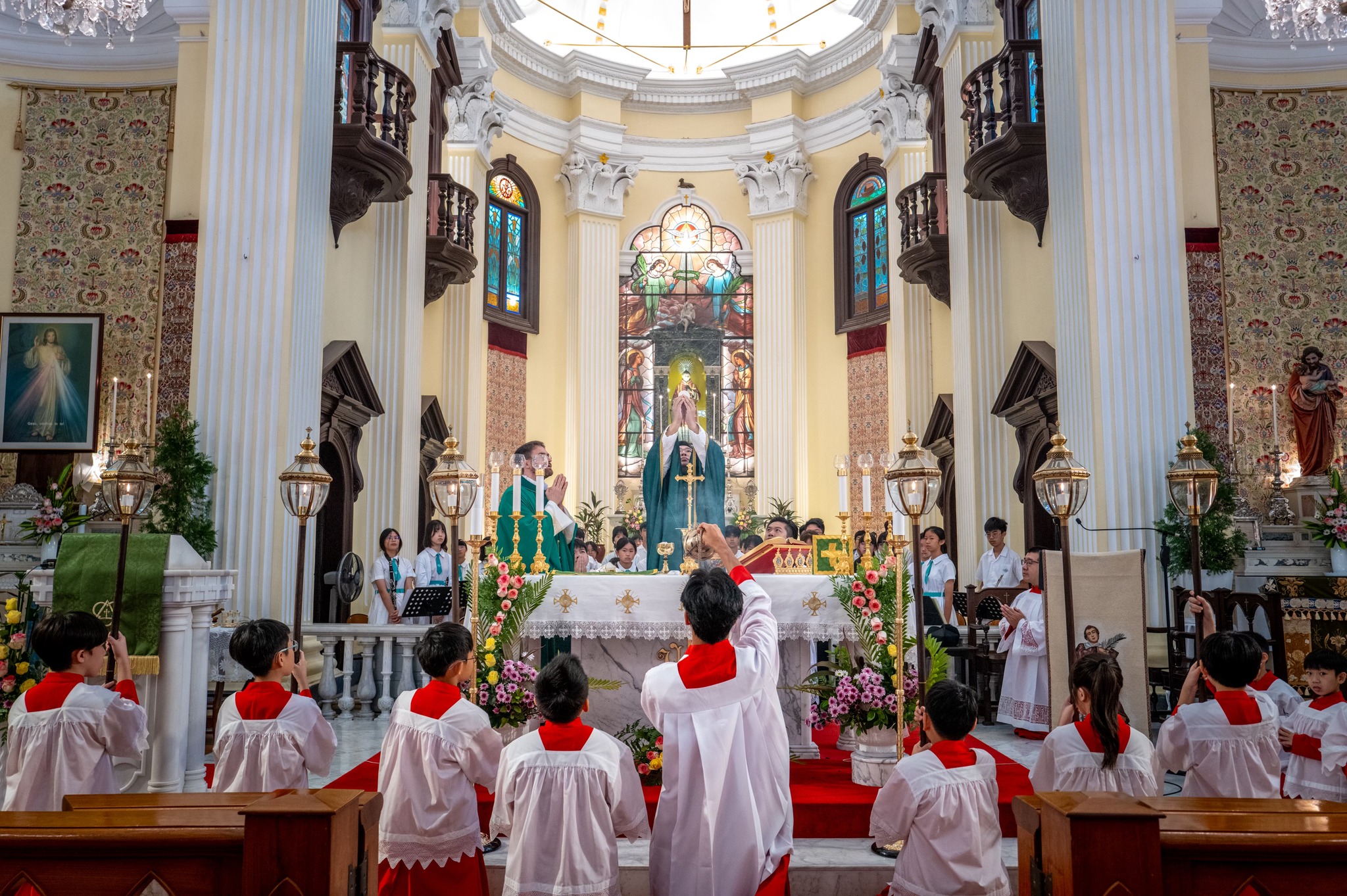
2nd Sunday in Ordinary Time (Year A) – The New Paschal Lamb
Central to the Jewish faith was the Feast of Passover, the commemoration of God’s deliverance of His people from slavery in Egypt (Exodus 12). In Jesus’ time, Passover was one of three major annual feasts during which the Jews made a pilgrimage to the Temple in Jerusalem. Additionally, the Feast of Weeks celebrated the giving of the Law on Mount Sinai and the first fruits of the harvest (Leviticus 23:15-22), and the Feast of Tabernacles recalled the Israelites’ wandering in the desert and celebrated God’s providence (Leviticus 23:33-43).
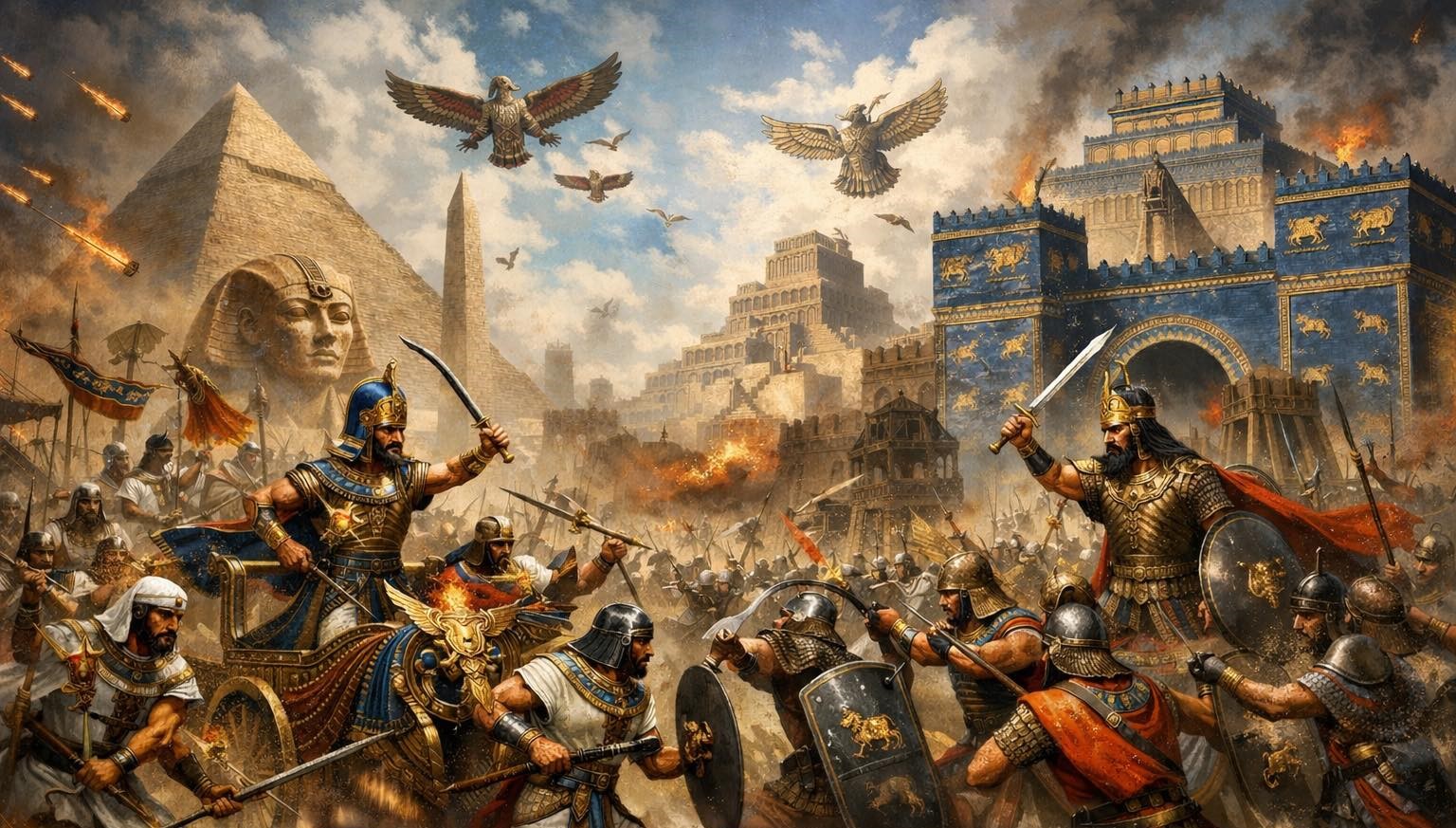
OPEN YOUR BIBLE Habakkuk: Faithfulness to the Lord of History
The reference to the Chaldeans in Habakkuk 1:6 situates the prophet within a precise historical moment. The “Chaldeans” are the Babylonians, who rose to power after the decline of Assyria and became the dominant force in the Fertile Crescent. The Neo-Babylonian Empire’s ascendancy was marked by its decisive victory over Pharaoh Necho II at the Battle of Carchemish in 605 B.C. Just four years earlier, in 609 B.C., Necho had defeated and killed King Josiah of Judah at Megiddo. Judah thus found itself caught between two superpowers—Babylon and Egypt—struggling to navigate the strategic pressures of its fragile geopolitical position.Habakkuk’s prophecy is not merely a chronicle of these shifts; it is a profound meditation on divine justice and human faith. Judah’s entanglement between Egypt and Babylon illustrates the vulnerability of nations, while Habakkuk’s dialogue with God reveals the enduring struggle of believers to reconcile divine holiness with historical realities.
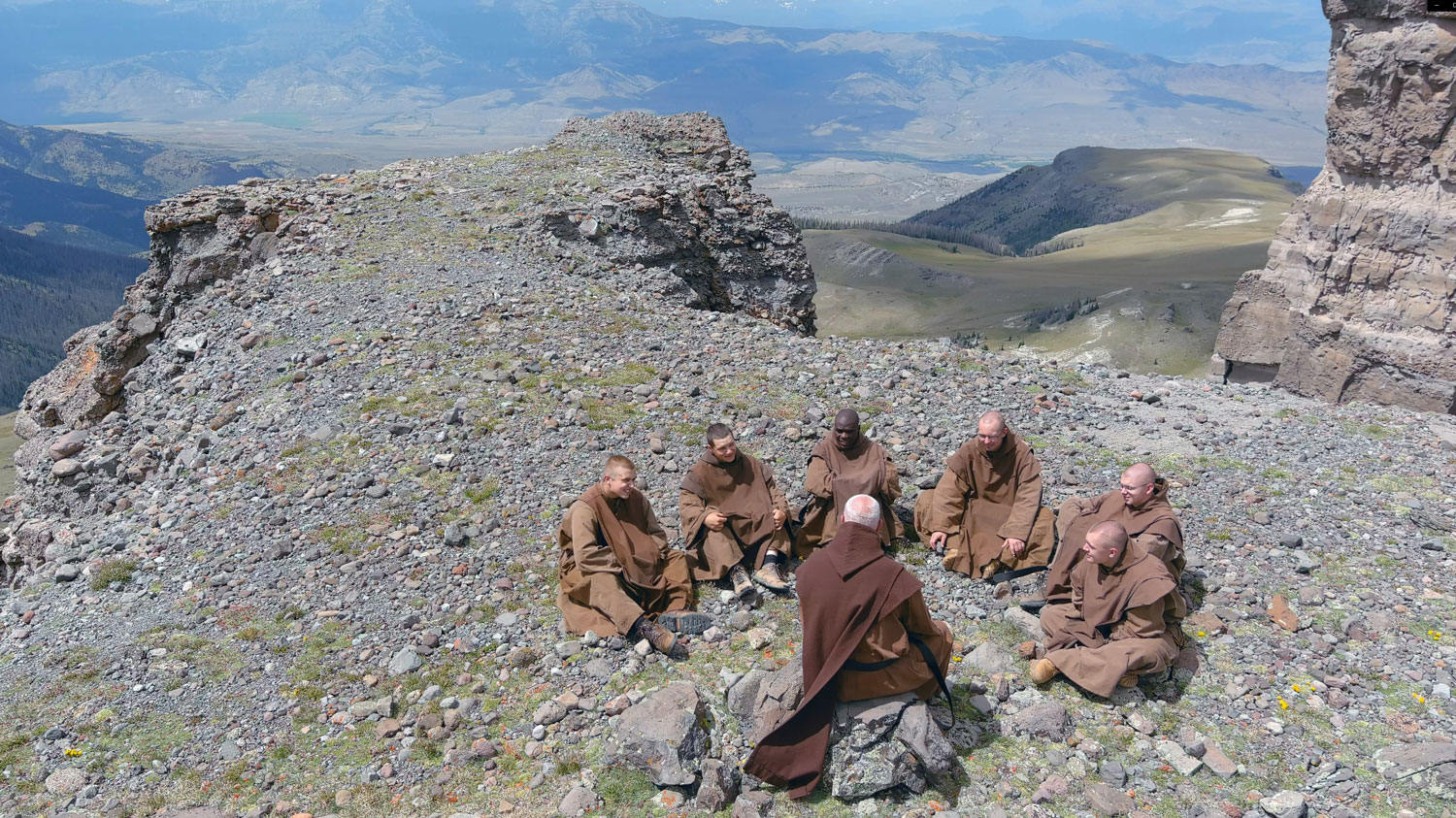
Between the Kitchen and Cathedra Petri: Prayer and Action in Carmelite Spirituality
During Pope Leo XIV’s flight press conference last week (02 Dec 2025), he mentioned that a journalist had asked him: “Tell me one book, besides St. Augustine, that we could read to understand who Prevost [Pope Leo XIV] is.” The Pope’s answer is “a book called The Practice of the Presence of God,…a very simple book, by someone who doesn’t even give his last name, Brother Lawrence…If you want to know something about me, that has been my spirituality for many years.” It is interesting to know that this “Brother Lawrence” is, in fact, a Carmelite lay-brother, a retired lame soldier, and a cook working in the monastery kitchen in 17th-century France. It is not my intention here to do a book review (its twenty-odd pages should be easy enough to read). I think it is worth understanding more about Carmelite spirituality, as it has had a strong influence onthe Augustinian Pope’s spirituality.
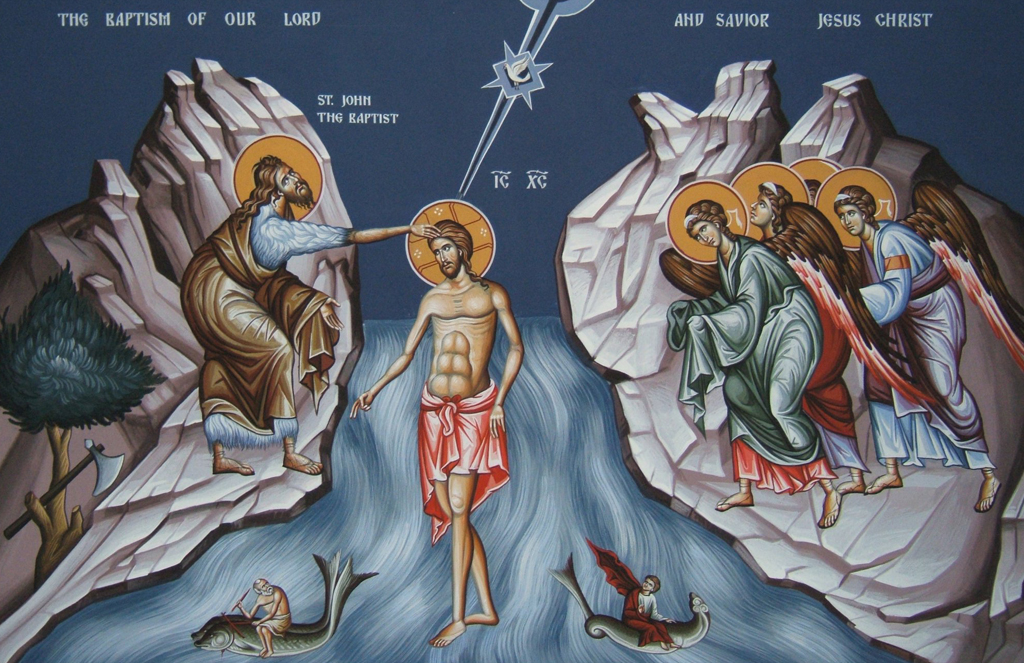
Baptism of the Lord- Year A – Humility and Redemption
This Sunday we celebrate the Feast of the Baptism of the Lord, closing the Christmas season and opening Ordinary Time in this new year. The baptism of Jesus marks the beginning of his public ministry. I remember the last time I returned to my country, Argentina. Arriving at our community house in Buenos Aires, I encountered a shocking image: Monsignor Virginio Bressanelly, SCJ, a former General Superior of our congregation and a retired bishop of more than 80 years of age, was washing the sidewalk of our house! Although I knew of his simplicity, as he had been my formator, to see an ex-general superior and a bishop doing that kind of work gave me a great surprise. I believe that John the Baptist was even more shocked when he saw his cousin Jesus coming to him, blending into the great mass of sinners, to be baptized by him.

 Follow
Follow